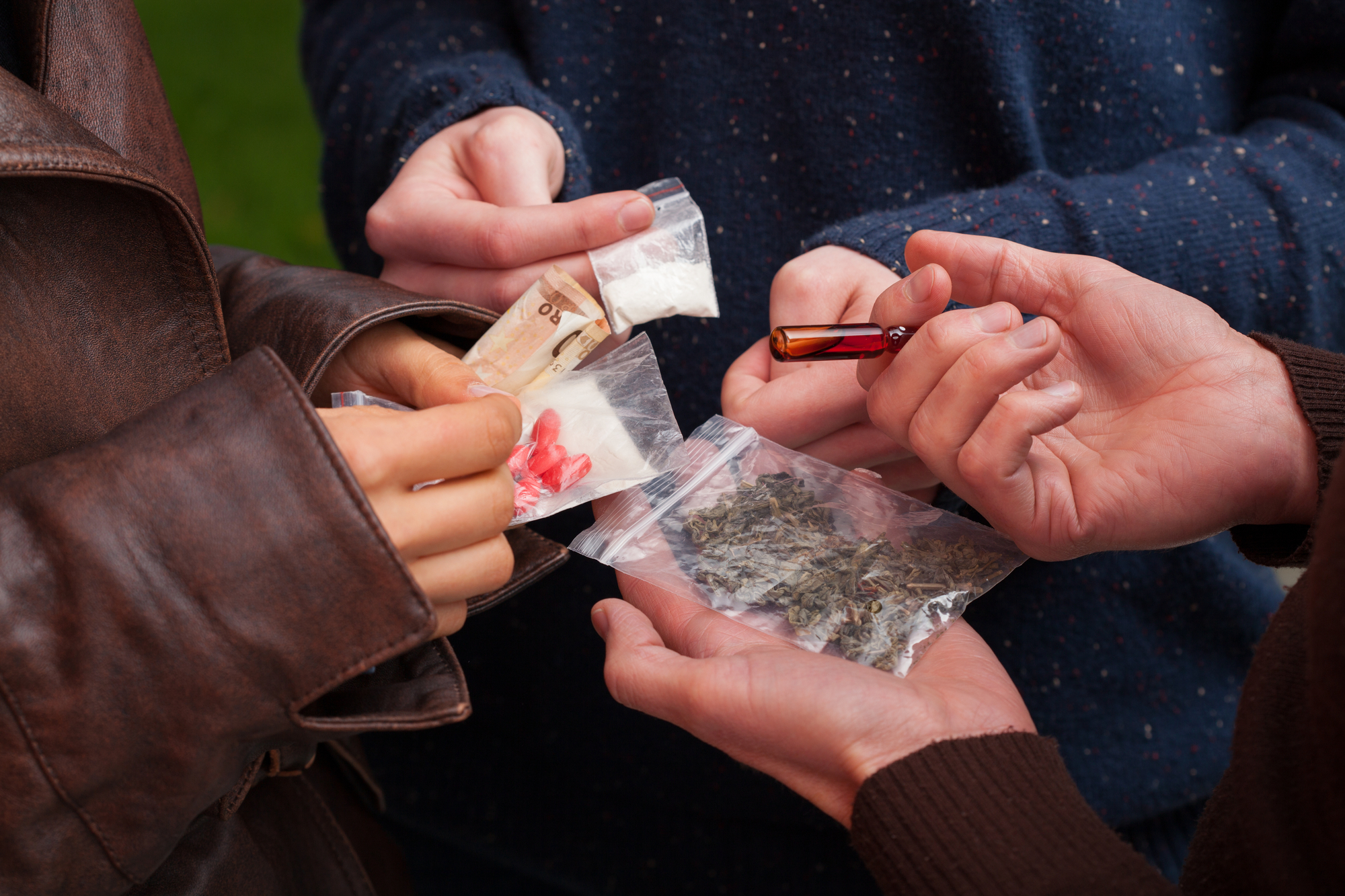If a police officer suspects you’re driving under the influence of alcohol, they might ask you to complete some field sobriety tests. These are supposed to test your balance and coordination to determine if you could be too drunk to drive.
The first detail to know about these tests is that they’re not required, so you can refuse to take them. The police will use other tactics to determine if you’re sober. In fact, these tests are known for being inaccurate for most drivers. Take a look at why that is, and then contact a DWI lawyer in Louisiana if you have concerns about your DWI case.
What Is a Field Sobriety Test?
There are three tests police officers often use to determine if a driver is impaired. One is the horizontal gaze nystagmus, where a police officer holds a small light or object in front of the driver and asks them to follow it with only their eyes. As they move the object from side to side, they’ll observe the driver’s eyes to see how smoothly they follow it. If the driver’s eyes seem to bounce or jerk an abnormal amount, the officer will record this finding.
The next test is the walk and turn. During this test, the officer will ask the driver to walk a specific number of steps in a straight line and then turn around and do it again. The officer will look for lack of balance, inability to follow instructions, or trouble walking in a straight line.
Finally, there’s the one-leg stand, where the officer asks the driver to stand on one foot and count to 30 while keeping the other foot several inches in the air. The point of this test is to see if the driver is swaying or hopping. The police officer will record all observations and prepare to use them to support their theory that the driver is under the influence.
Are Field Sobriety Tests Accurate?
Field sobriety tests have been used in courtrooms for years, despite many studies showing that they’re inaccurate. In fact, most studies have found that these tests are about 65% to 82% accurate in healthy people. They’re even less accurate in people with medical conditions affecting their balance, coordination, and eye movements.
In particular, if any of the following apply to you, the results of these tests may be inaccurate:
- Medical conditions that affect your arms or legs
- Neck or back problems
- Disorders that affect the eyes, such as vertigo, epilepsy, multiple sclerosis, glaucoma, or hypertension
- Being overweight
- Stress
- Fatigue
- Being 65 or older
- Taking the test on gravel or wet pavement
- Being distracted by passing cars or bright lights
It’s common for drivers to be affected by at least one of the above factors, which would render the field sobriety tests inaccurate. Even when that’s not the case, the results are up to the police officer to determine since these tests are subjective rather than objective. If the officer is of the opinion that you’re intoxicated because of one mistake you made while driving, they might let that assumption guide their observations and decide that you failed the field tests. This is why you should hire a Louisiana DWI lawyer to help prove that your field test results were inaccurate.
Can You Refuse to Take the Test?
Fortunately, you have the right to politely decline the sobriety field tests. The officer can use alternative methods, like a breathalyzer or blood test, to determine if you’re impaired. Technically, you can also refuse those tests, but you should be prepared to face penalties for this.
For example, your driver’s license will be suspended for one year if you refuse to take any tests when pulled over on suspicion of drinking and driving. However, you have 30 days to appeal the license suspension, giving you a chance to keep driving until your court date, so be sure to hire a DWI lawyer immediately after you’re charged with DWI.
You deserve the opportunity to fight your charges, so call Keith T. Whiddon, Attorney at Law, LLC at 318-594-3592 for a free initial consultation on your DWI case.


 Call Us Now
Call Us Now Email Us Now
Email Us Now

